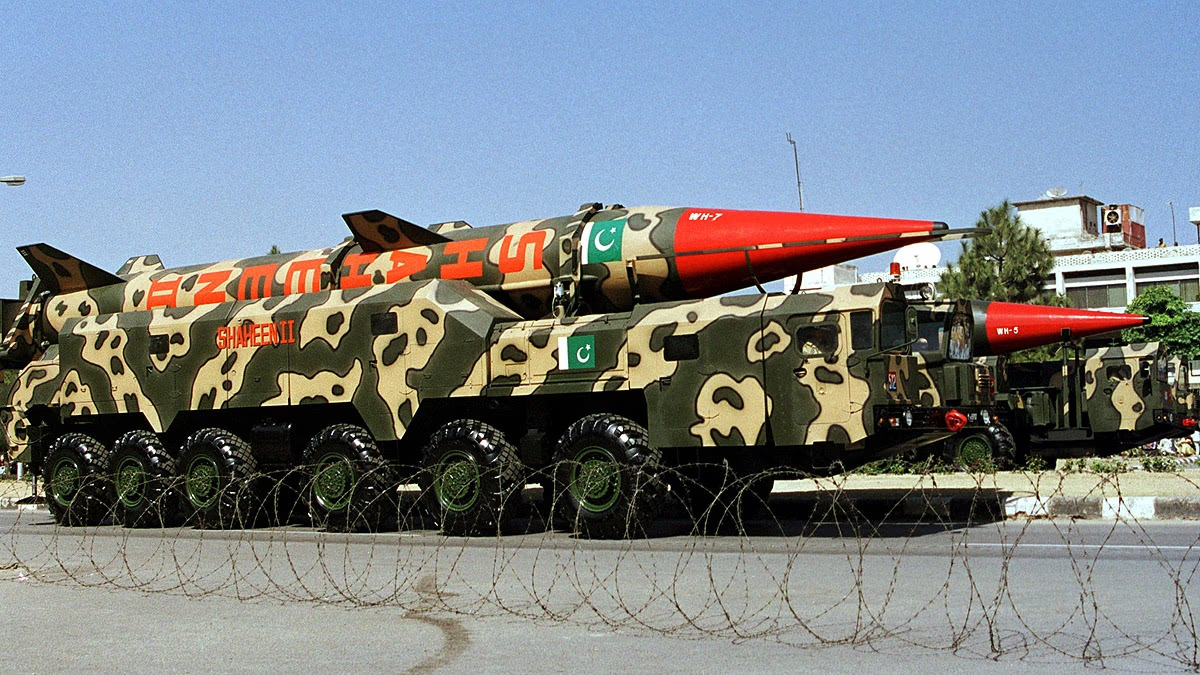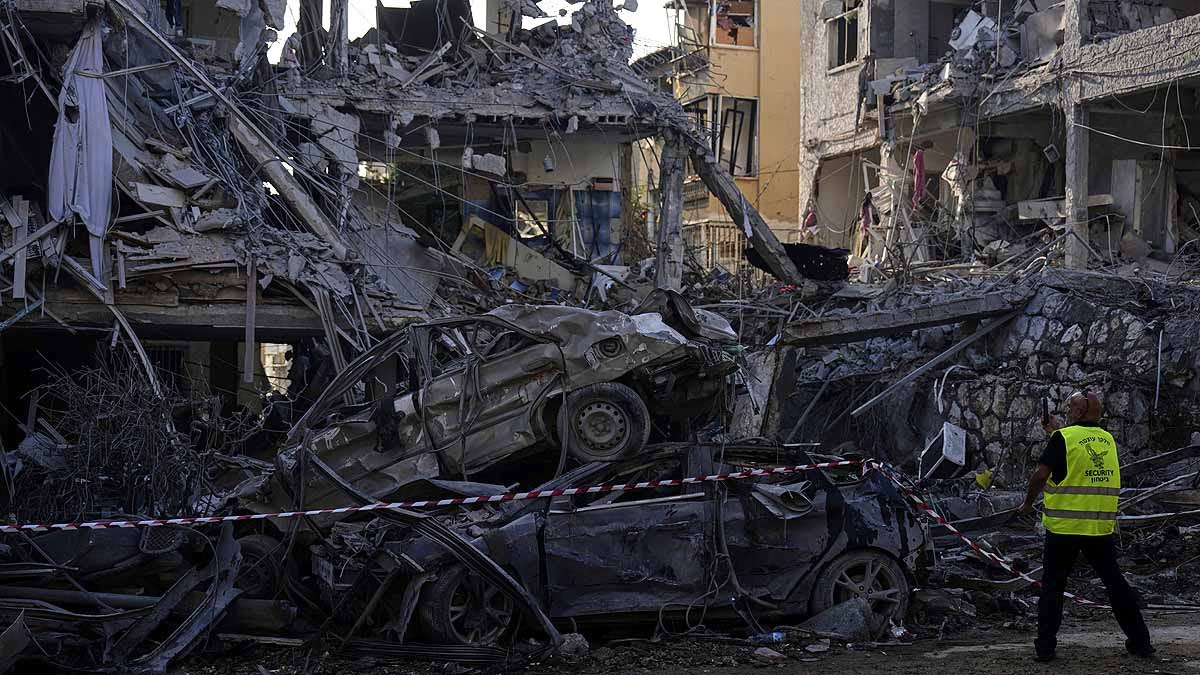Amid escalating tensions between Israel and Iran, senior Iranian military official Mohsen Rezaee claimed that if Israel attacked Iran with nuclear weapons, Pakistan would respond in kind against Israel. This statement set off global ripples, yet Pakistan outright dismissed it.
Let's delve into whether Pakistan really holds the capability to launch a nuclear attack on Israel. Is Pakistan issuing a clarification out of fear of potential Israeli strikes?
Pakistan's Nuclear Capabilities
Pakistan is a nuclear-armed nation. As per the Stockholm International Peace Research Institute (SIPRI), it possesses roughly 170 nuclear weapons as of January 2025. These arms were primarily developed with India in mind, aligning with Pakistan's nuclear doctrine of credible minimum deterrence to maintain a balance with India.
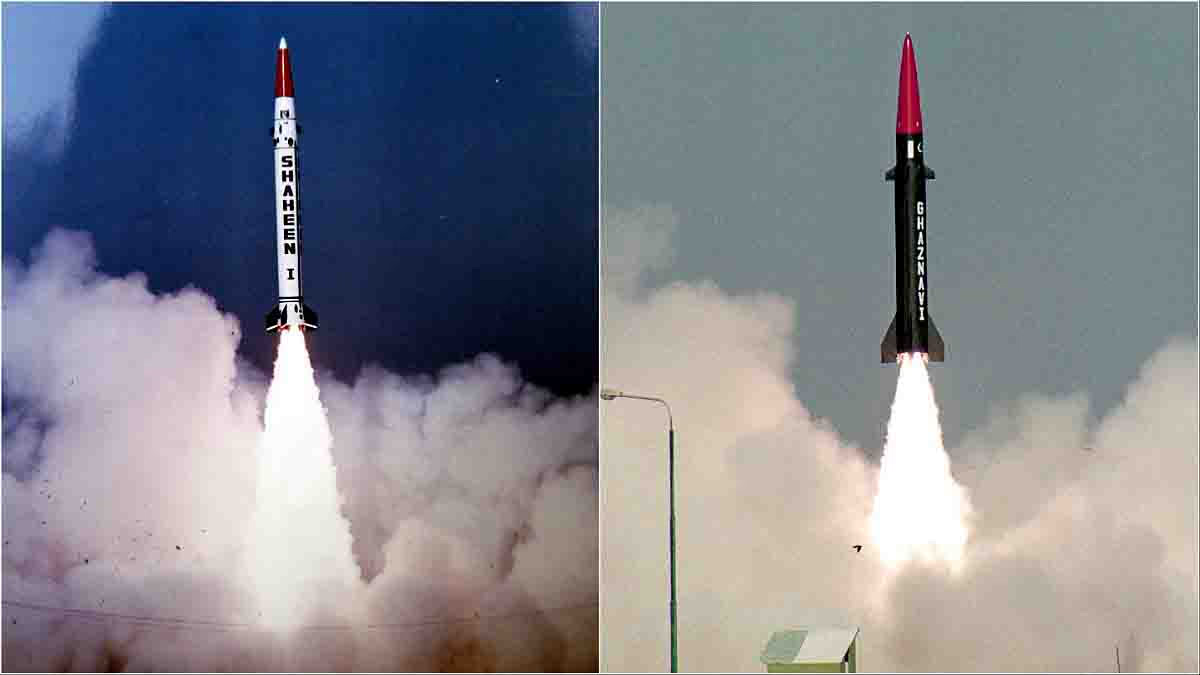
Source: aajtak
Pakistan's diverse ballistic missiles include:
The Shaheen Series:
Shaheen-2 and Shaheen-3 missiles can reach distances of 2000 and 2750 kilometers, respectively.
The Ghaznavi and Abdali:
These short-range missiles have a range of 300-700 kilometers.
The Babur Cruise Missile:
Its range extends to 700-1,000 kilometers.
The distance between Israel and Pakistan is about 3500-4000 kilometers. Technically, Pakistan's Shaheen-3 missile could cover this, but experts suggest it may not be fully operational or reliable.
Moreover, deploying nuclear weapons over long distances requires sophisticated guidance systems and infrastructure, making it a complex task.
Pakistan also has limited ability to deliver nuclear bombs via its air force. Its JF-17 and Mirage aircraft can carry nuclear arms, but their range to Israel is questionable since it requires refueling and traversing other nations' airspaces, posing practical challenges.
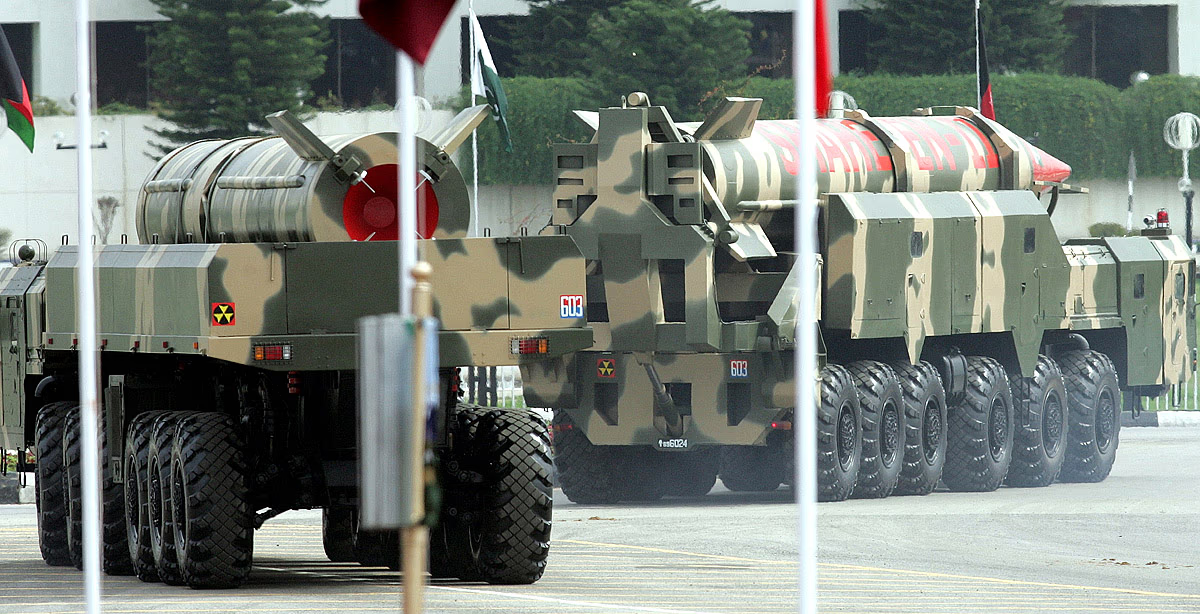
Source: aajtak
Pakistan's Israeli Strike Claim: What's the Truth?
On June 13, 2025, Israel carried out airstrikes on Iran's nuclear and military sites, to which Iran retaliated with missile attacks. Amidst this tension, a senior commander of Iran's Islamic Revolutionary Guard Corps (IRGC), Mohsen Rezaee, claimed that Pakistan assured Iran of a nuclear response if Israel struck Iran.
However, Pakistan categorically rejected this claim. Foreign Minister Ishaq Dar, addressing Parliament, labelled it "fabricated and false." He reiterated Pakistan's nuclear policy since 1998—centered on self-defense and regional stability. Defense Minister Khawaja Asif also stated on social media that Pakistan's nuclear arsenal is for safeguarding against its adversaries and not for aggressive policies against neighbours.
Is Pakistan scared of an Israeli attack?
Pakistan insists its nuclear policy is defensive. It seeks to avoid direct confrontation with Israel. Following Iran's claim, Pakistan's repeated clarifications lead some to suspect a fear of Israeli retaliation, despite lacking evidence.
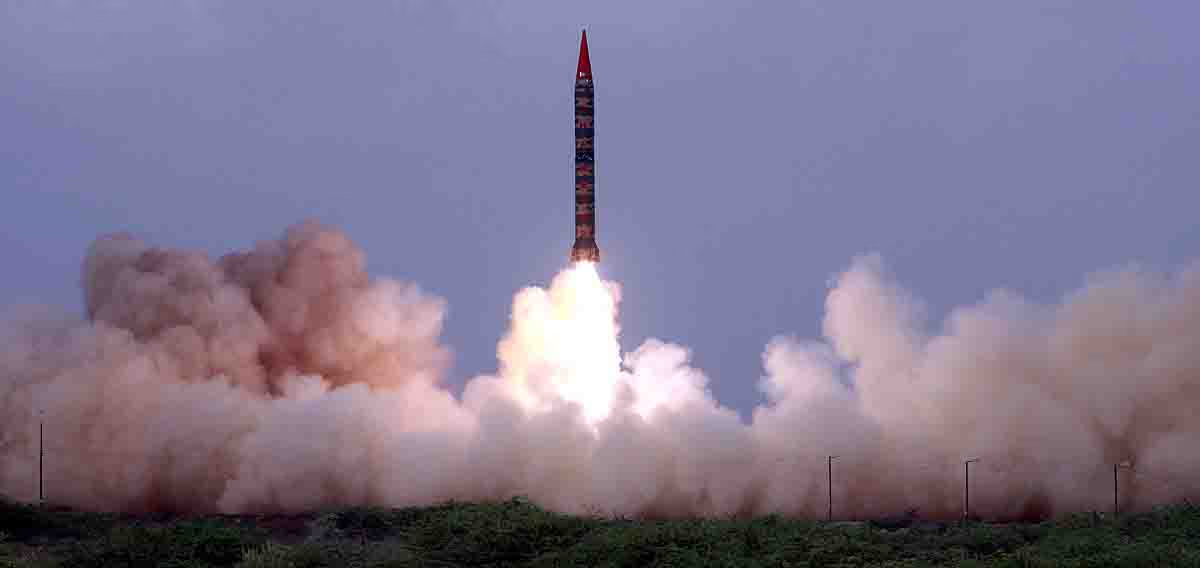
Source: aajtak
Israel has not directly threatened Pakistan. Nevertheless, given Israel's military prowess and its estimated 90-200 nuclear weapons, supported by the United States, Pakistan remains cautious. Israel’s Jericho missiles have long-range capabilities, further enhanced by US backing.
Pakistan has condemned Israeli attacks and urged unity among Muslim nations. Declaring support for Iran on international platforms, Pakistan distances itself from the grave nuclear threat claim, clarifying its unwillingness for direct involvement in the strife.
Why is Pakistan keen on clarifying?
Pakistan's repeated clarifications can be attributed to a few factors...
International Pressure:
Mention of nuclear weapons is a global concern. Being perceived as backing Iran with nuclear threats could lead to diplomatic and economic pressure from the US and other Western nations.
Regional Stability:
Faced with tense relations with India, targeting Israel could further weaken Pakistan's standing.
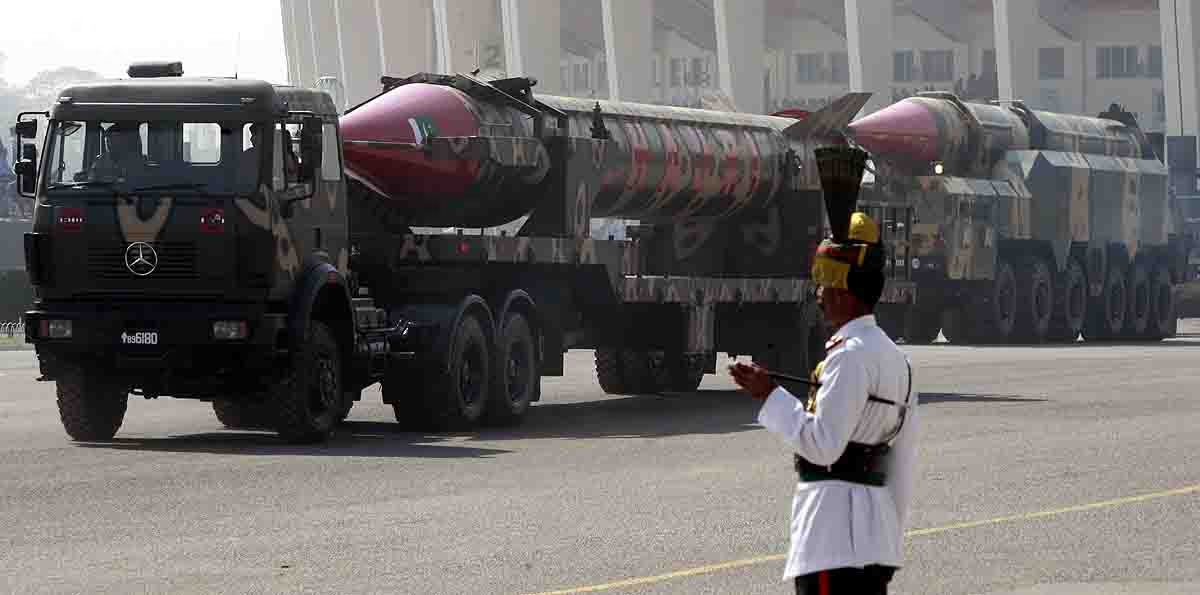
Source: aajtak
Internal Security:
Some experts say Pakistan is cautious about its nuclear security. Transferring its nuclear arsenal poses risks due to the threats from groups like the Taliban.
Pressure from Iran:
While Pakistan and Iran share cultural and religious ties, tensions exist over issues like border terrorism. Iran's claim could be an attempt to draw Pakistan into the conflict.
Expert Opinions:
Experts deem it impractical for Pakistan to target Israel with nuclear weapons. Its nuclear policy is India-focused with no direct clash with Israel. Should Pakistan make such a move, it risks repercussions from Israel and its ally, the US. Moreover, without official confirmation, Iran's nuclear threat claim might be a tactic to put pressure on Israel.
